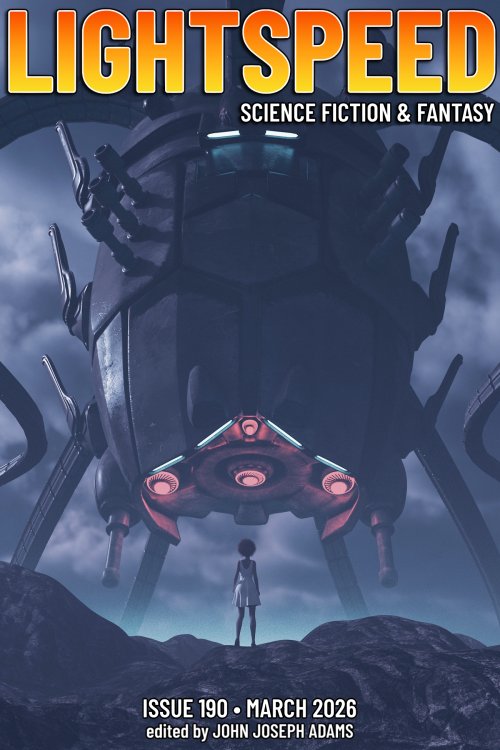Author Spotlight
Author Spotlight: Osahon Ize-Iyamu
When I was much younger, I wrote a lot of stories that were told in the vein of traditional epic fantasy novels, and I wanted to write a more recent version of those. Specifically, one that involved dragons. I was really drawn to the idea of a story that portrayed the complex dynamics of romantic relationships within a fantasy world, and so this story was my attempt at capturing that.









